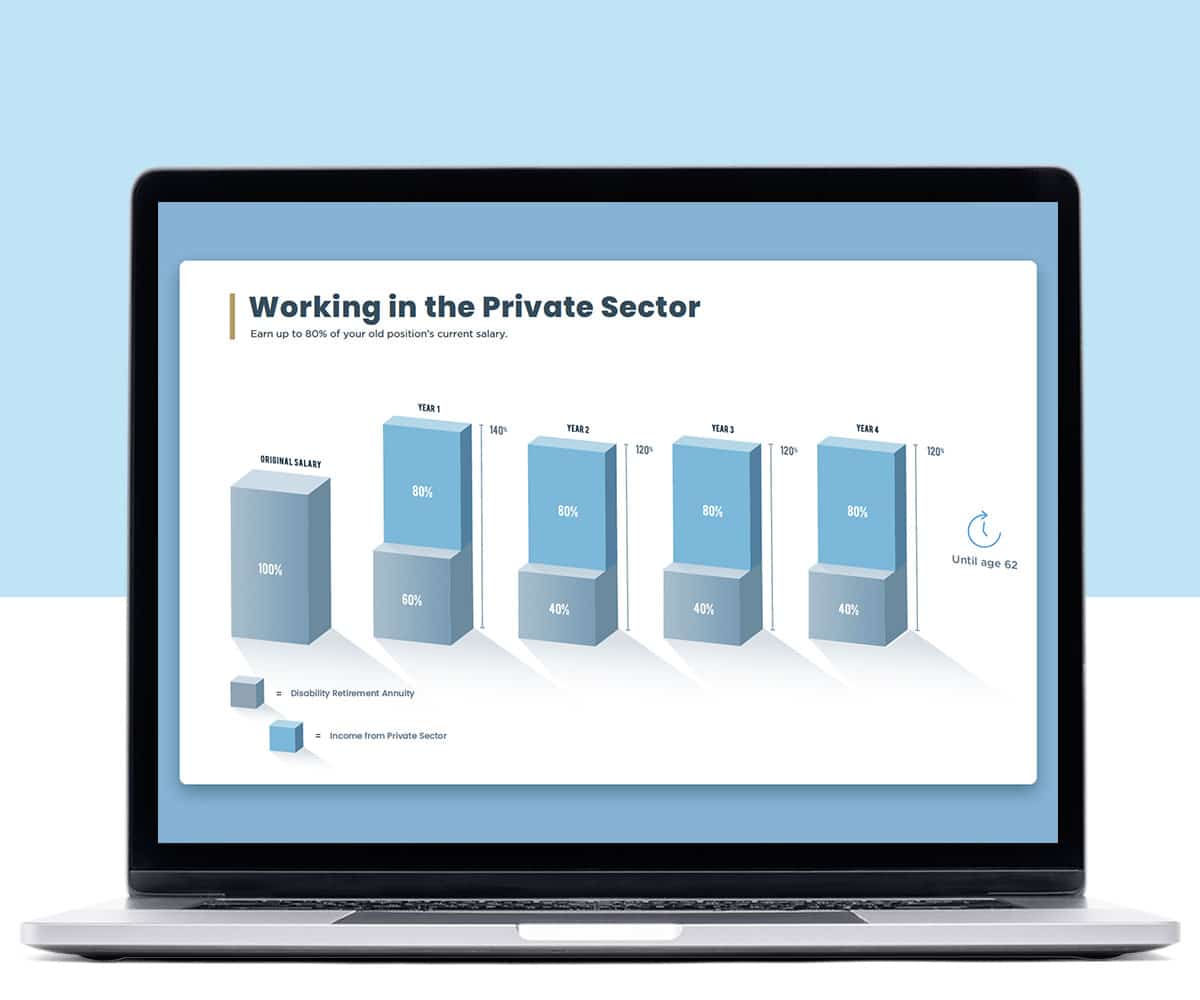 A large United States Postal Service group is challenging pay raises offered by the agency, appealing to a 3rd party to offer more significant salary increases to tens of thousands of postal workers. The raises will affect most of the 45,000 supervisors, managers, postmasters, and technical specialists covered under the Executive and Administrative Schedule represented by the National Association of Postal Supervisors. Increases will be mostly retroactive, covering the period from 2016-2019.
A large United States Postal Service group is challenging pay raises offered by the agency, appealing to a 3rd party to offer more significant salary increases to tens of thousands of postal workers. The raises will affect most of the 45,000 supervisors, managers, postmasters, and technical specialists covered under the Executive and Administrative Schedule represented by the National Association of Postal Supervisors. Increases will be mostly retroactive, covering the period from 2016-2019.
NAPS challenged the USPS offer through a “filing of fact-finding” which requests that the independent Federal Mediation and Conciliation Service guide a panel of experts to weigh in on the dispute. They’re saying the Postal Service’s proposed raises fell short of legal requirements because they weren’t comparable to the private sector and would be insufficient to attract and retain top talent or provide sufficient pay gaps between supervisors and the employees they oversee.
The union said morale is already low and would be worsened by the suggested pay raises. The employees covered under EAS are on a pay-for-performance system.
EAS employees have a unique situation as they are designated as non-bargaining workers and represented by a management association rather than a union. USPS is still required to engage in a “consultative process” to determine pay for supervisors and managers, but those employees are not covered under a collective bargaining agreement.
NAPS will appoint one mediator and USPS will appoint another, and together they will select the third member of the panel. Both sides will submit supportive documentation to determine a fair and reasonable pay increase. Even if the panel rules in the employees’ favor, USPS isn’t required by law to implement its findings.
“That’s one of our problems with the law,” Ivan Butts, NAPS executive vice president said. “We would like to see teeth.”
Supervisors don’t receive annual COLA’s because they are on a pay-for-performance system. Many would face a pay freeze in 2018 under this proposal, Butts said. An inspector general report last year found the pay system wasn’t rewarding top performers, instead collectively punishing employees for the work of their colleagues.
NAPS went through this process once back in 2010 and USPS largely chose to ignore the panels’ findings. “I like to think I’m optimistic,” Butts said, adding that he thinks there is a reason to believe “the agency would readily acknowledge and accept what the panel finds.”
A ruling will occur in the next few months.


